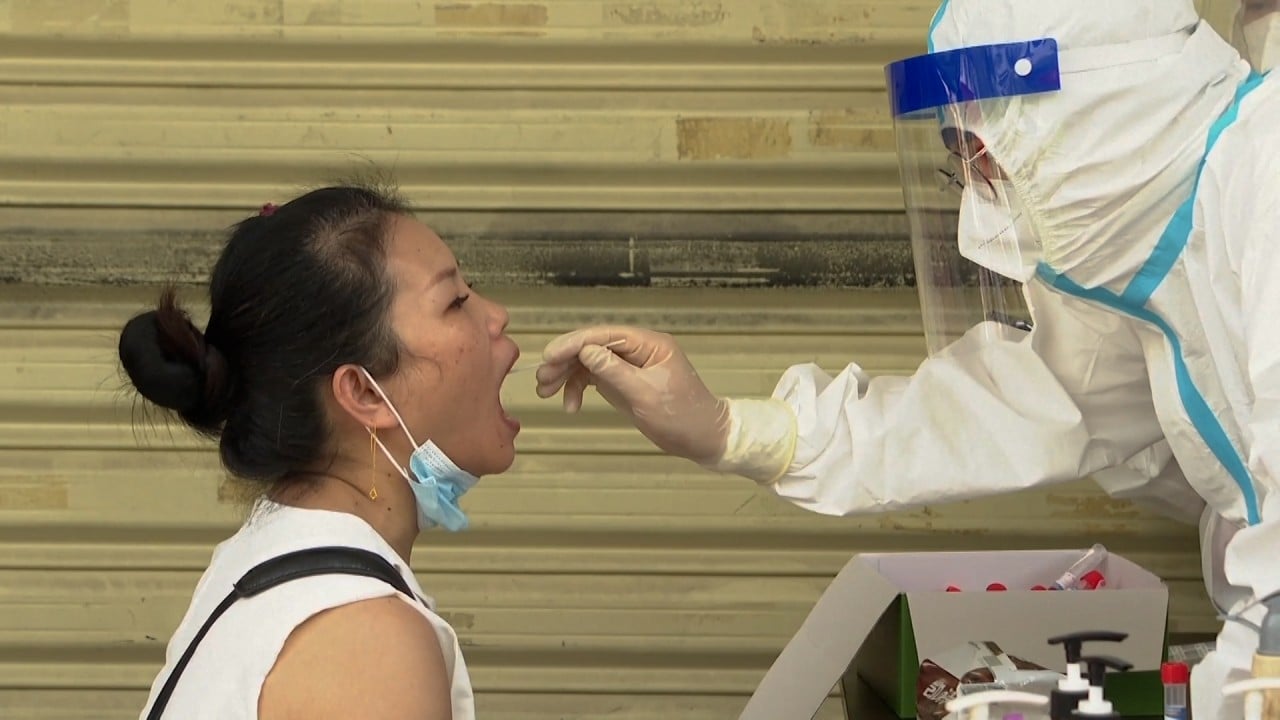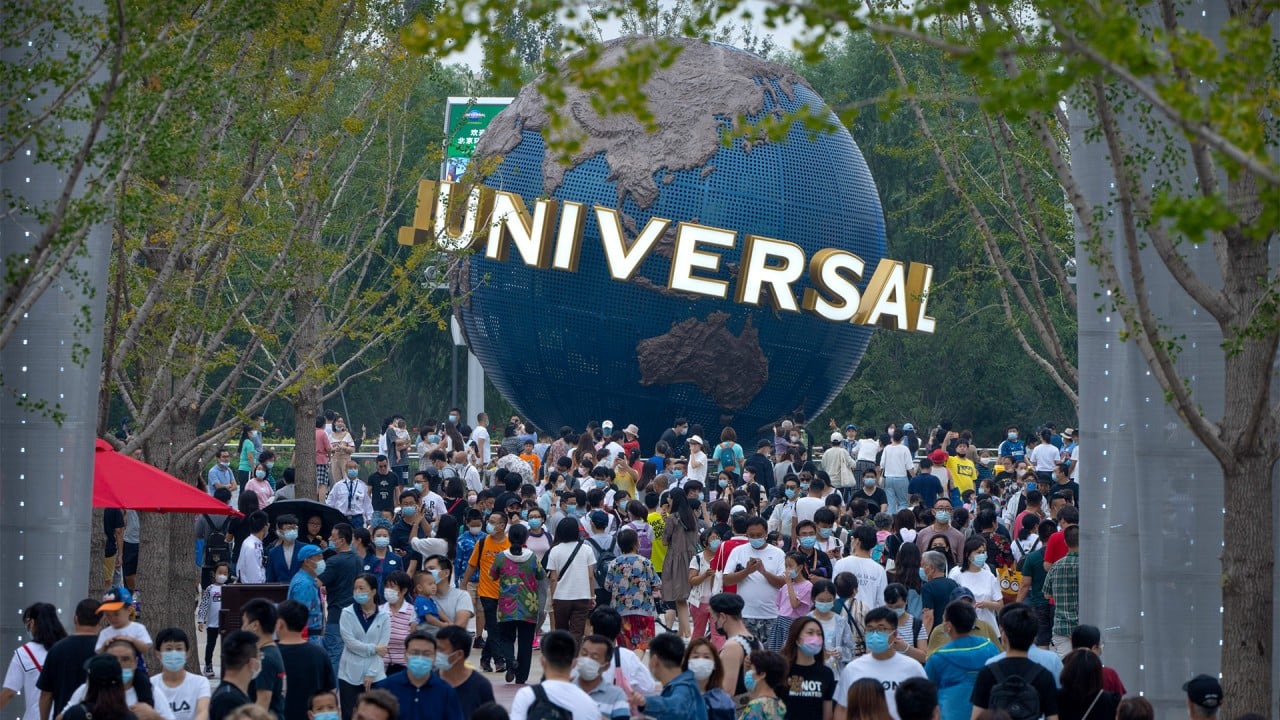
In China, Delta means staying closer to home for the holidays
- The coronavirus variant upended travel plans over the summer and people are keen to leave the house
- An outbreak in Fujian has put that off the list of destinations and made many wary of going too far afield
As the summer clusters have waned, enthusiasm for travel has grown and millions are expected to take the opportunity to get out of the house for the three-day holiday which starts on Sunday.
Fang Yucai, 26, who works at a trade firm in the eastern province of Jiangsu, said he had got used to the sporadic outbreak and was keen to do something.
“Life is too stressful. I’m longing to relax. If you are too worried about the pandemic, you’ll go nowhere and get bored to death on holidays.”
To avoid the risk of flight cancellations and quarantine orders in a sudden outbreak, Fang abandoned plans to fly to the southern island of Hainan.
“Instead, I’ve booked a tour inside the province. We’ll travel 250km (155 miles) to a lake resort where my parents can enjoy a hot spring under the moonlight,” he said.
Online travel agency LY.com estimated last week that 80 million domestic travellers would hit the road during the holiday, with most opting to travel less than 300km from home. In 2019, 105 million trips were made around the nation during the holiday, official data showed.
Qunar, an online travel service, booking for most destinations were holding up but most flights from Fujian had been cancelled since Tuesday.
Local governments across the nation have been advising residents to “avoid unnecessary trips” to areas with a “high or medium [Covid] risk”. As of Friday, there were two high-risk zones and six medium-risk areas – all in Fujian.
A total of 270 infections including asymptomatic cases have been reported in the Fujian cluster, including kindergarten children and primary school pupils, after a man returning from Singapore confirmed as a positive case about a week ago.
The outbreak was expected to be brought under control by early next month, Nankai University professor Huang Senzhong told the official Health Times, a newspaper affiliated with Communist Party mouthpiece People’s Daily on Sunday.

01:39
China’s Delta variant outbreak in Fujian surges as Covid-19 cases hit 165 in a week
The provincial government has urged residents to not travel to high-risk areas and to stay within Fujian during the holidays.
The neighbouring province of Guangdong has also advised residents to stay put, recommendations followed by several provinces in the north including Inner Mongolia, Hebei and Heilongjiang.
However, there are calls for authorities to reduce disruptions from the Covid-19 control measures. In an editorial on Tuesday, Global Times, a daily tabloid that is also an arm of People’s Daily, said officials “shouldn’t advocate ‘staying put during the holidays’ easily, nor should they turn such advocacy into a requirement”.
“The cancellations of flights and hotels as well as the refunding process were troublesome. I don’t want to experience it any more. I planned the trip with my 12-year-old daughter so well. Suddenly Beijingers became an unwelcome group,” Gu said.
To play safe this time, she would not step out of Beijing for the upcoming holiday, she said. The plan is to take her child to Universal Studios’ new theme park in Beijing.

03:04
Universal Studios in Beijing packed with tourists as theme park starts trial run
“It was like crazy. I set the alarm clock at 11.50pm and snapped up two tickets with trembling fingers,” she said.
Ticket prices range from 418 yuan (US$65) to 748 yuan, with those for the opening day priced at 638 yuan.
“I guess many people will visit parks and tourist attractions in the downtown and suburban areas during the holiday,” she said. “I won’t be surprised to see traffic jams, crowded venues and long queues, as people pack all the interesting places nearby.”


